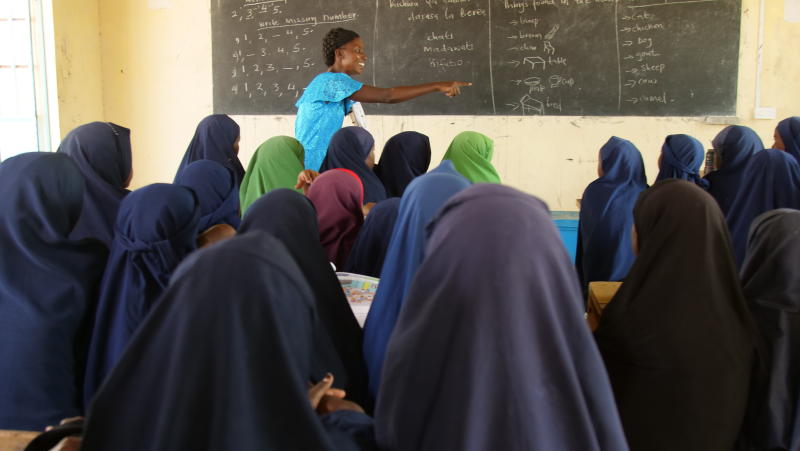×
The Standard e-Paper
Home To Bold Columnists

If Anne lived with her parents, she would be in Standard Seven today. Unfortunately, she dropped out of school last year in unclear circumstances.
Teachers at Kibilay Girls Primary School in Habaswein, Wajir County, say prior to her untimely departure, Anne was being mistreated by a relative.